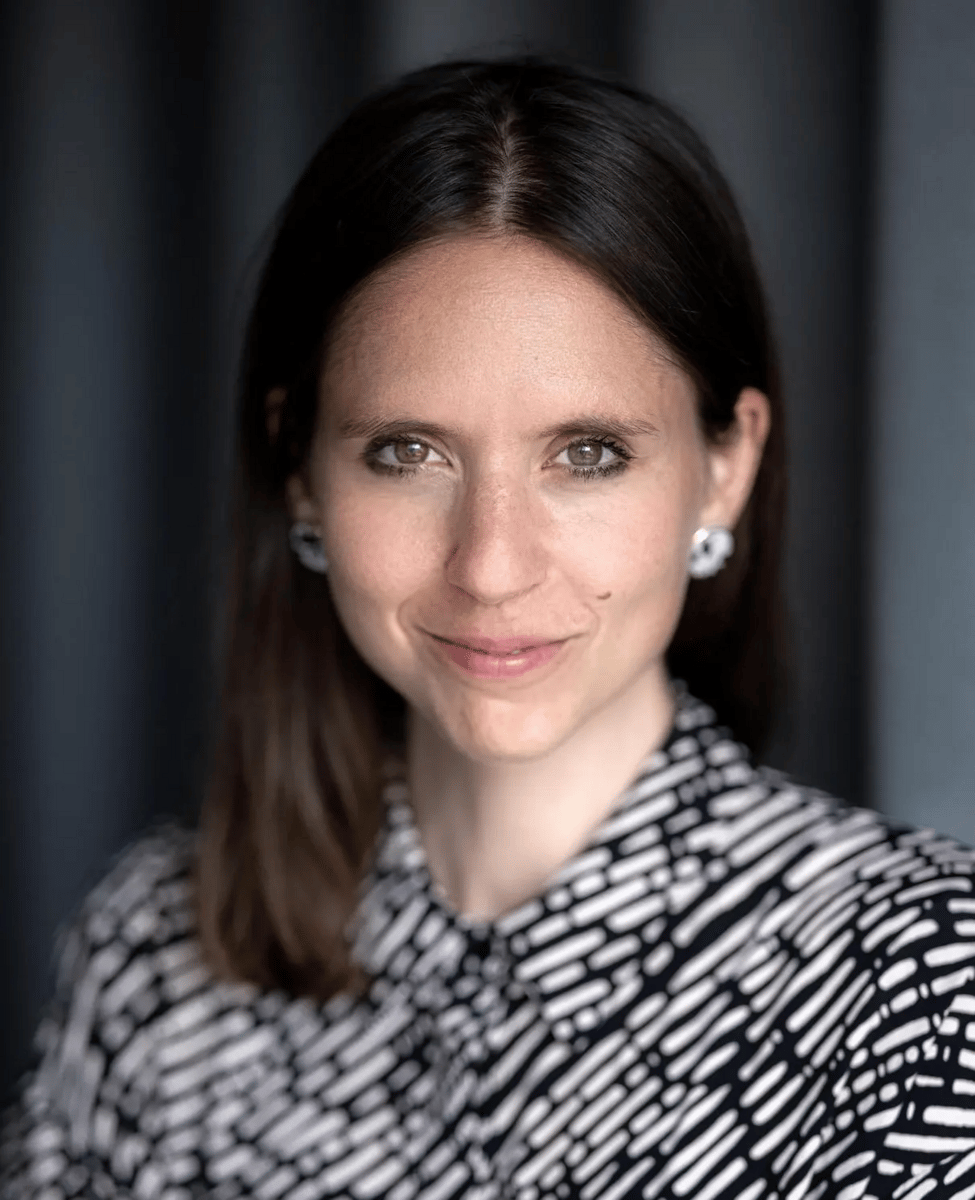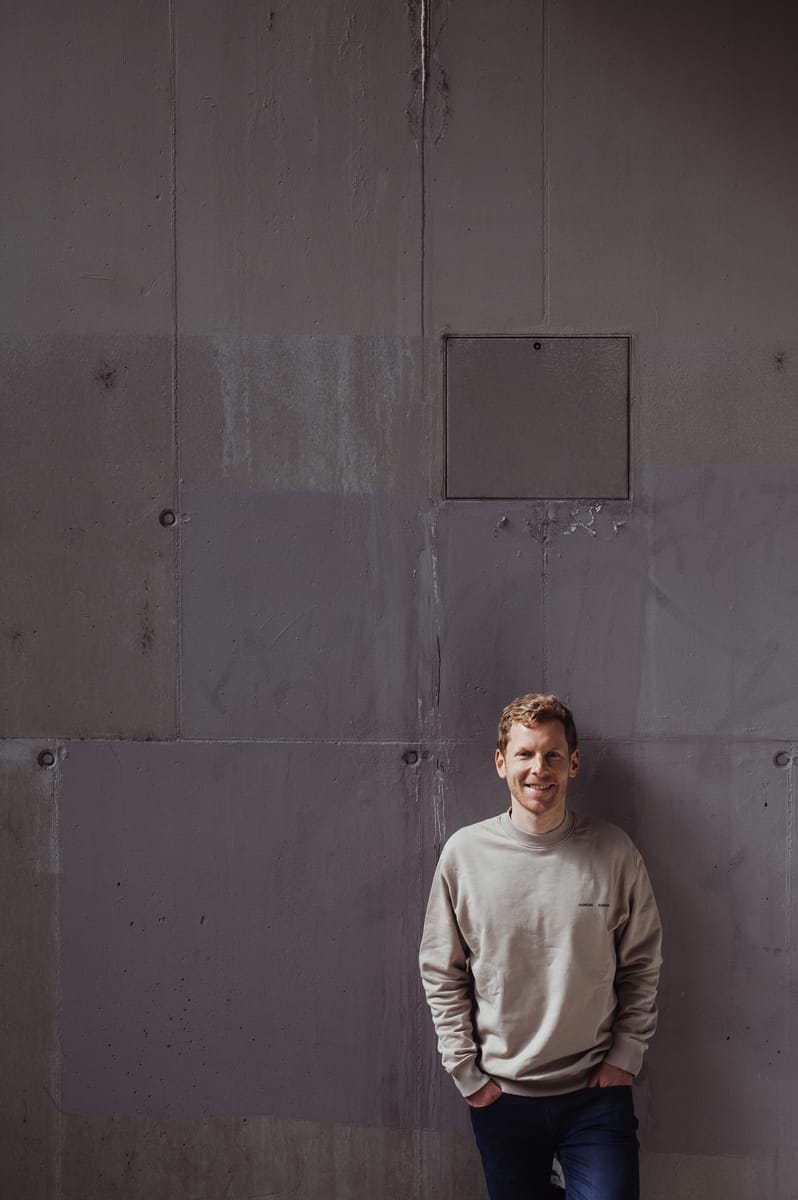Dear hustlers, founders, operators and visionaries,
When you hear that a founder raised a financing round in just five days - without a pitch deck - you might assume there’s a secret hack. Same thing, when you dream about getting accepted by the world’s most famous startup incubator.
But as David Alonso shares, there’s no shortcut to the kind of credibility, grit, and product magic that makes investors lean forward. This week, we are having a conversation about the type of advice you do not find on LinkedIn: an honest story about trying to get into YC and being rejected multiple times, an honest set of advices on how to finally make it. Exclusively for our newsletter subscribers, David has shared additional insights below.
In the meantime: Follow the Gradient and stay tuned!
PS: Has this e-mail been forwarded to you? Sign up here.
How to break into YC from Europe
What you will get out of this episode
In our conversation, David shares:
How to identify when it’s time to pivot versus when to push through
Why YC cares more about the market than your tech - and how to frame your opportunity
How to run a lightning-fast fundraising process that builds FOMO and closes quickly
How to use demos, storytelling, and urgency to win over investors without a deck
and much more!
Our main take away’s
Track record and team chemistry matter as much as the idea: David and his co-founder succeeded with Bloom partly because they had already worked together for two years, shown resilience through pivots, and built credibility with past products and offers.
Big markets win attention - instantly: YC and investors are drawn to ideas with billion-dollar potential. Bloom’s vision of unlocking the creator economy for software was both obvious in scale and emotionally compelling.
Fundraising speed is a strategic weapon: By compressing all meetings into a single week, starting with high-conversion angels, and showcasing a jaw-dropping live demo, David created urgency and FOMO that closed a $3.4M round in just five days.
Detach from ideas, obsess over users: David’s advice after six YC applications is clear—don’t marry your idea. Be willing to kill it quickly if traction or “why now” isn’t strong. The faster you invalidate the wrong ideas, the sooner you’ll find the right one.
From our partners
The Only AI That Knows All Your Work
Most AI tools start from scratch every time. ClickUp Brain already knows the answers.
It has full context of all your work—docs, tasks, chats, files, and more. No uploading. No explaining. No repetitive prompting.
It's not just another AI tool. It's the first AI that actually understands your workflow because it lives where your work happens.
Join 150,000+ teams and save 1 day per week.
How to reach out to David
Exclusive from David
If you could just name one, in your opinion, what is the key reason why a team should apply with YC?
The network. YC surrounds you with sharp, driven founders and operators who genuinely want to help each other win. It's not just about the partners or brand — it's about the bar the community sets and how much faster you can move when you're part of it.
Equally, what is a key reason why YC will not be the best fit?
If you're not building a venture-scale business or don’t plan to raise external capital, YC's pace and expectations might feel misaligned. It's optimized for speed, ambition, and scale - not every company needs that trajectory.
You mentioned the 10 minutes grilling during the YC selection interview. What playbook should you follow in order to prepare for it well?
The biggest mindset shift is realizing it’s less of a conversation and more of a rapid-fire stress test. You need to train yourself to answer directly — one line, then stop — because they will cut you off if you're rambling. We prepped by going through this question bank and doing mock interviews with YC alumni who didn’t sugarcoat feedback. It’s less about memorizing answers and more about being sharp on your fundamentals — why now, why you, what you've built, and how it's growing.
What is success for you?
Being genuinely excited to wake up and build. Working with people I admire, solving a problem I care about, and having users who love what we’ve made. If those three are true, the rest tends to follow.
What books, podcasts, articles inspired you?
Paul Graham’s essays were a huge influence early on — Do Things That Don’t Scale, How to Start a Startup, Founder Stuff, all classics. Social Radars from Jessica Livingston (cofounder of Y Combinator) is a hidden gem I have binged. I also like The Pitch podcast, where you hear founders pitching very different kinds of startups to a room of very experienced and sharp investors that ask incredibly good questions.
What’s one advice, founders should actually ignore?
“Optimize for investor interest.” That’s a piece of advice I’d ignore. I wasted time early on trying to craft the perfect narrative or pitch deck — but the only thing that ever really worked was making something people wanted and showing it live. With Bloom, we raised $3.4M without a deck — just by demoing the product and telling the story. Obsess over users, not investors, and conviction will follow.
What are habits, activities or rituals that keep you sane (while scaling your business)?
Exercise, sleep, spending time with my girlfriend at the end of the day and hanging out with other founders
What is one “growth hack” (be it business, health or personal-wise) that has a positive impact on you or the company?
Dogfooding is the best thing ever. Fosters customer empathy and allows us to pour learnings from building the Bloom app into our agent.

Follow the Gradient is a weekly newsletter and podcast by the serial founders Melanie Gabriel & Christian Woese about how to build a business in Europe while staying sane.











